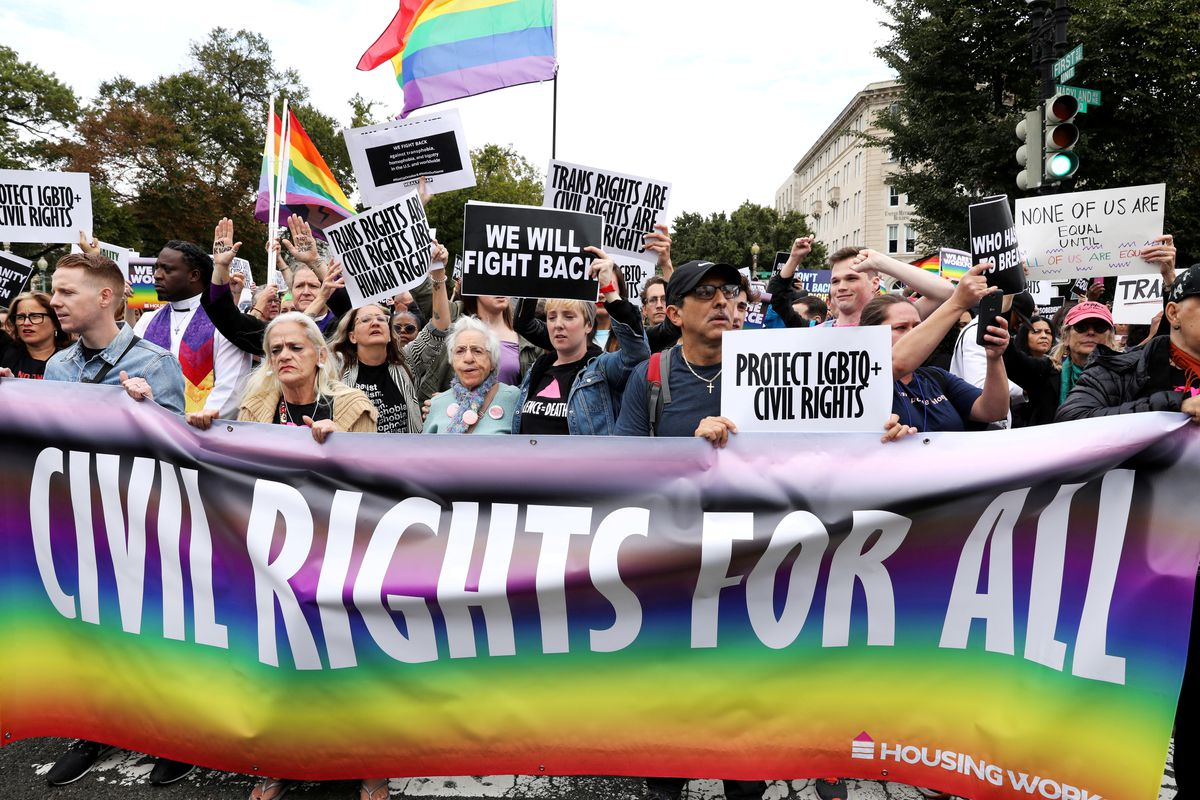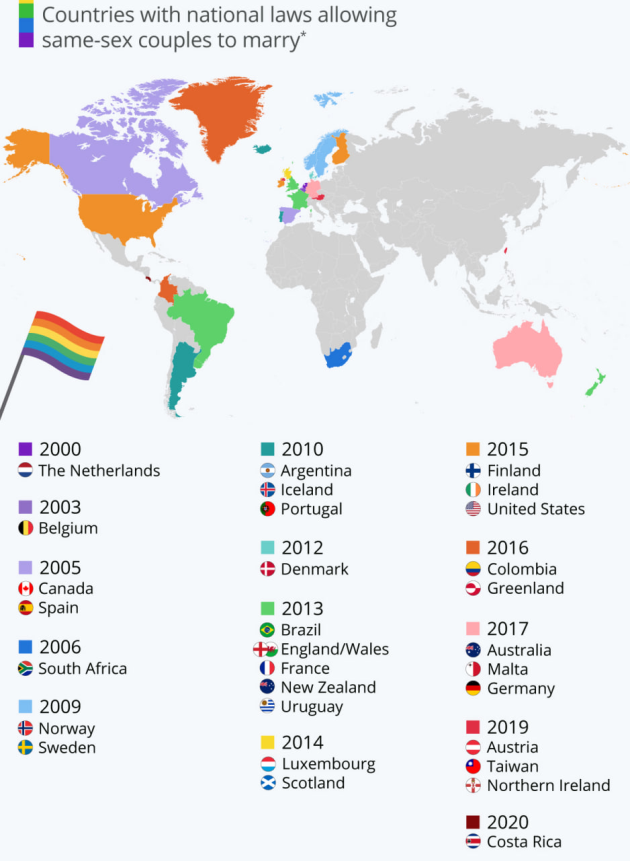Free Courses Sale ends Soon, Get It Now


Free Courses Sale ends Soon, Get It Now



Disclaimer: Copyright infringement not intended.
Context: The recently tabled bill makes it illegal for Ugandan citizens to identify as LGBTQ.
Details
About the new law
Arguments are given by Supporters
Criticism of the Bill
Concerns
Status of the LGBTQ community in Uganda
Status of LGBTQ rights in Africa
There are also efforts being made to decriminalize homosexuality
Status of LGBTQ rights in India
Status of LGBTQ rights in the rest of the world

Same-Sex Mariage
https://www.iasgyan.in/daily-current-affairs/same-sex-marriage
https://www.iasgyan.in/blogs/same-sex-marriage-in-india
|
PRACTICE QUESTION Q. The LGBTQ community continues to suffer from social marginalization even in light of the Supreme Court's ruling. Do you think that legalizing same-sex unions will make things better? Discuss |
© 2024 iasgyan. All right reserved